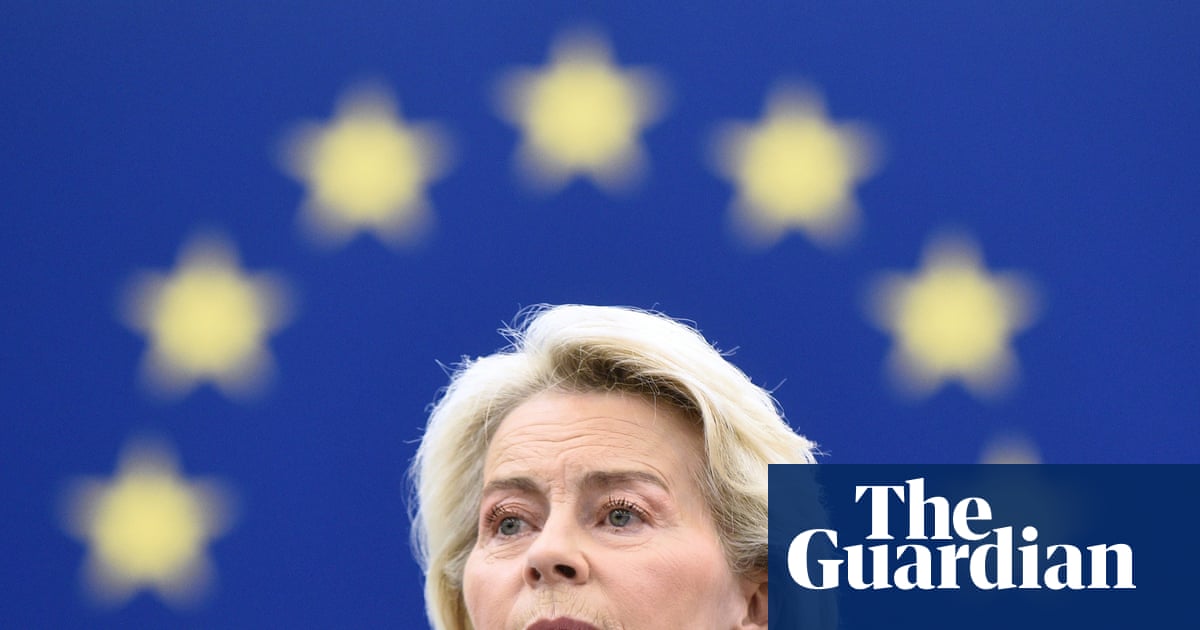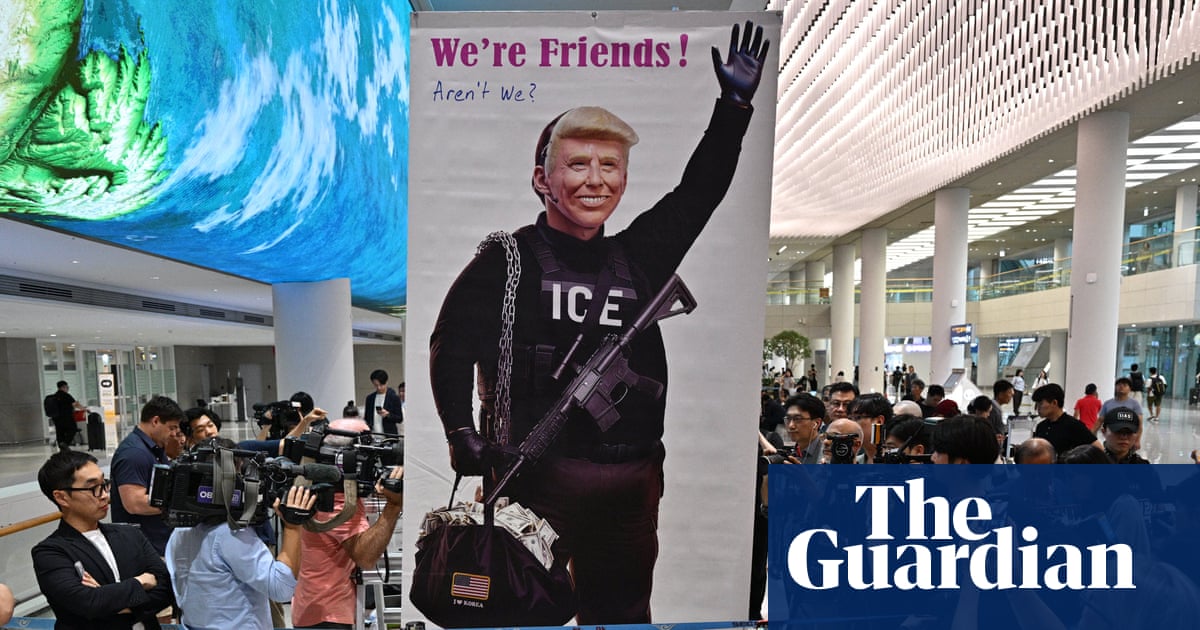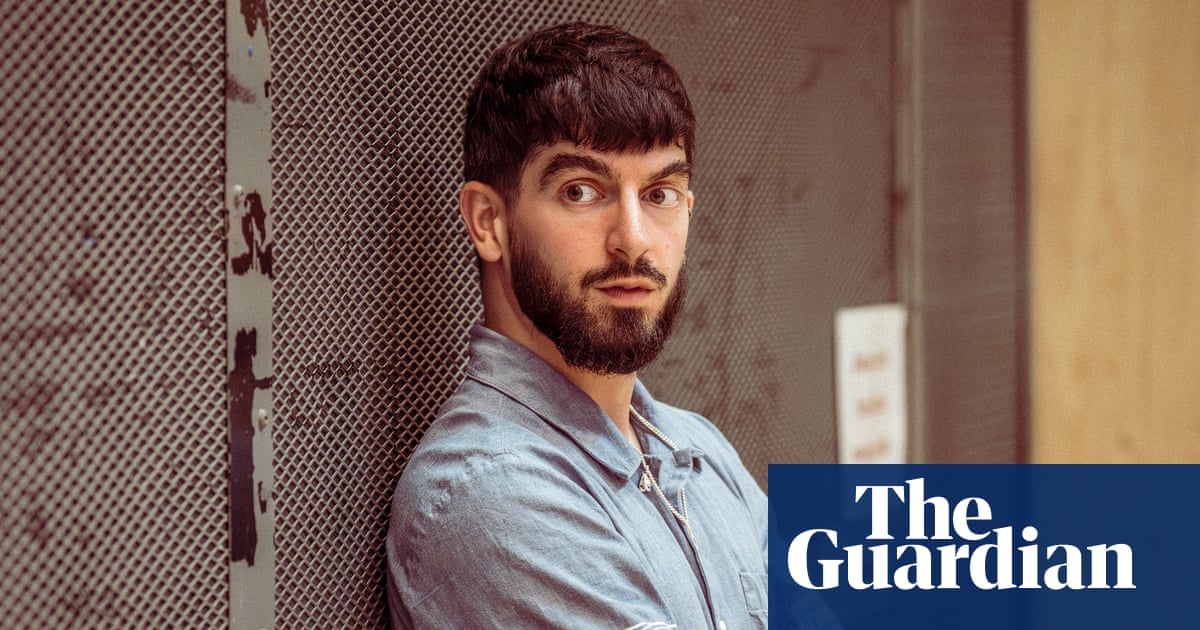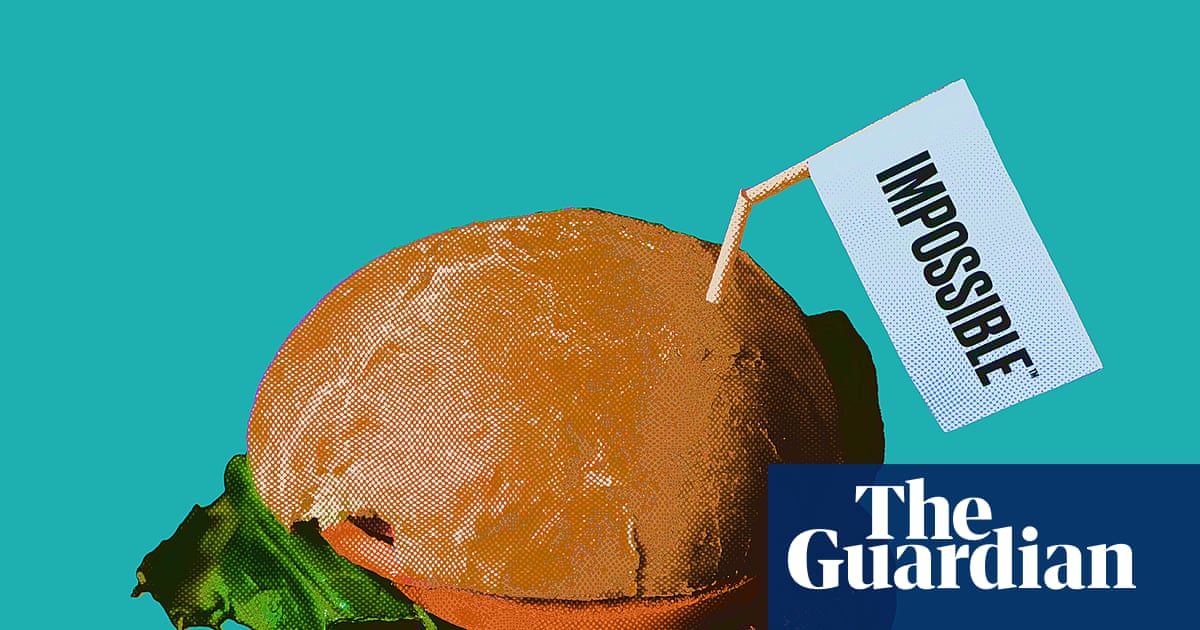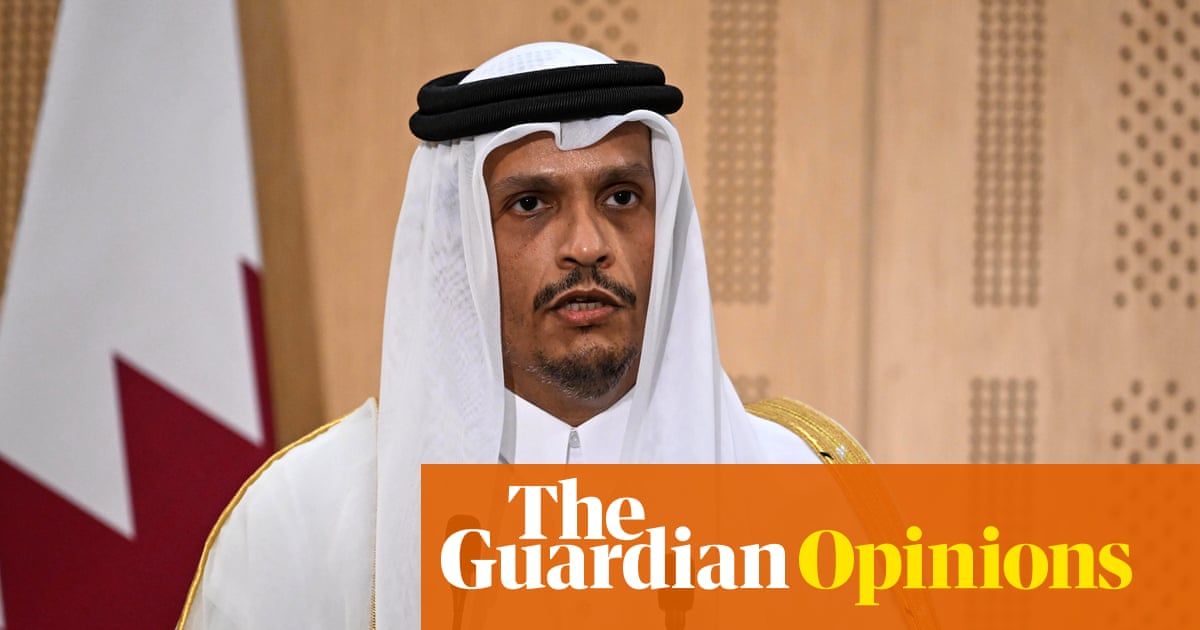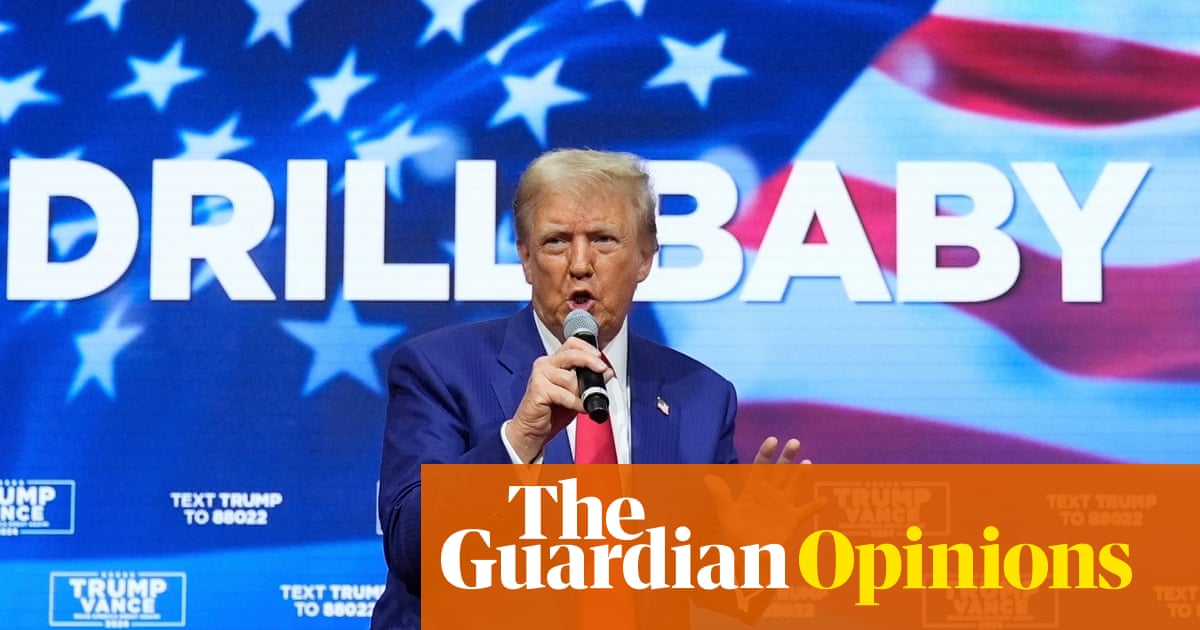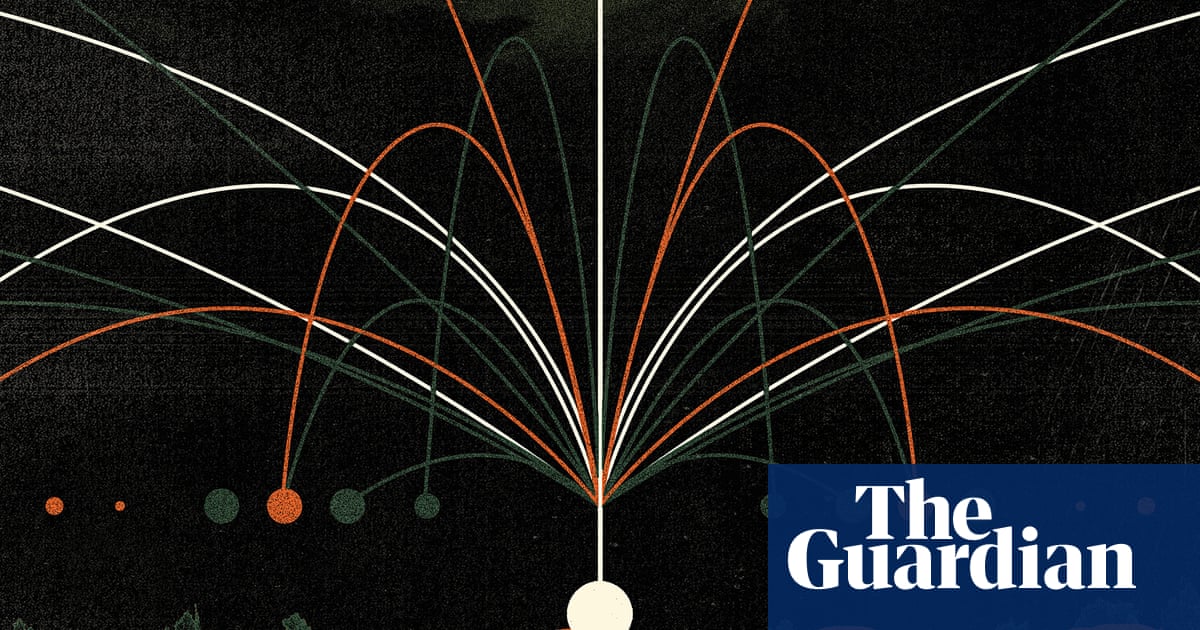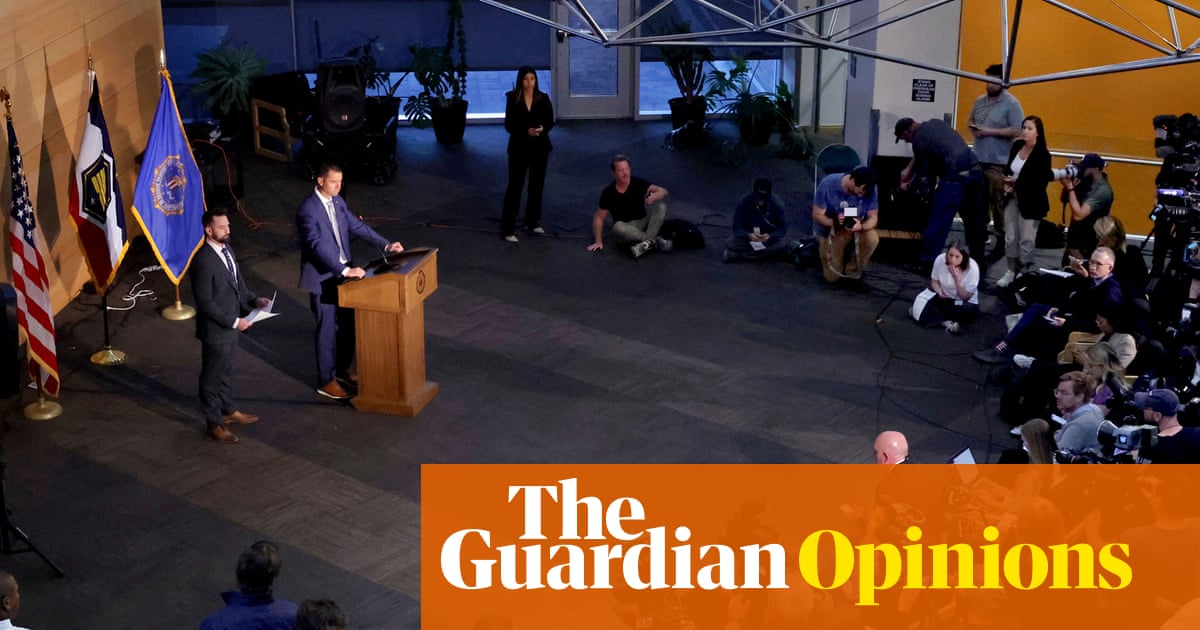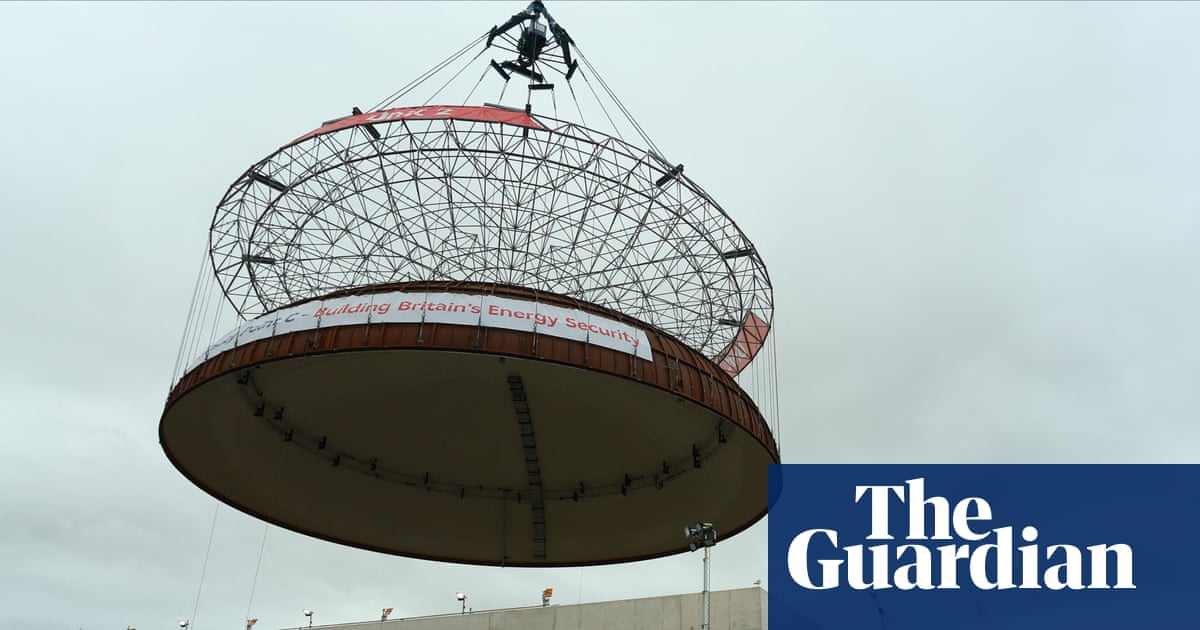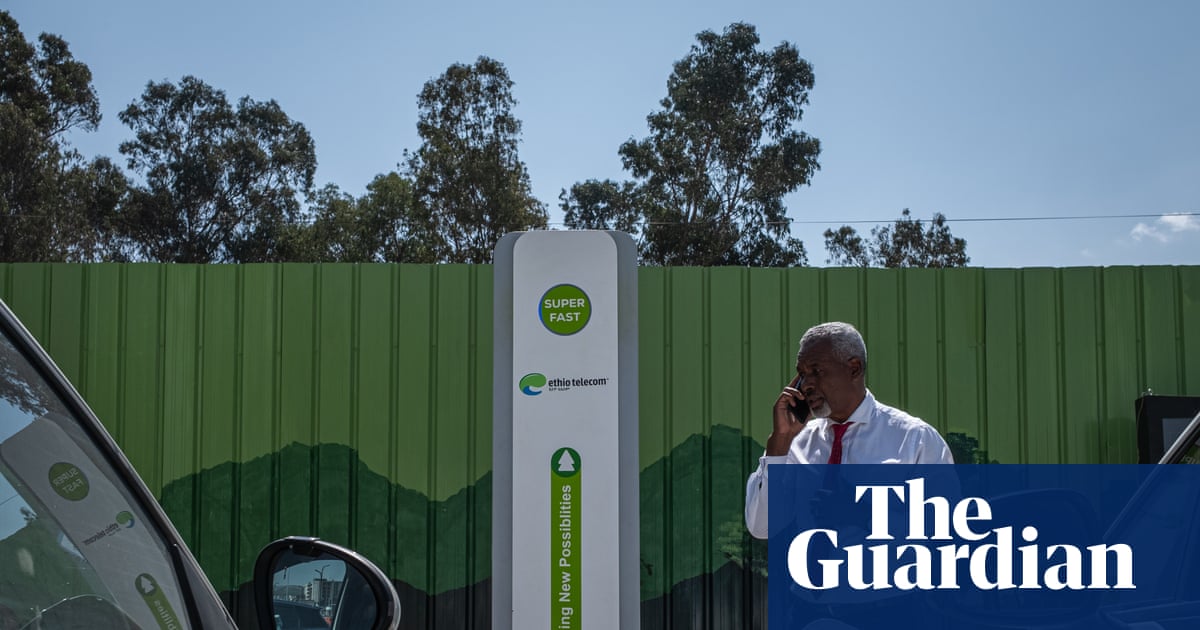Ukraine needs more than long-range missiles and fibre-optic drones in its fight with Russia. What it needs is more money, and lots of it.
In particular, the war-torn nation should be handed the €300bn (£250bn) of frozen Russian assets stored mostly in accounts hosted by the Euroclear trading system.
The Belgian government could confiscate the funds with the support of the EU Commission, or set up a way to use the Russian funds as collateral for a gigantic loan to Ukraine.
Either way, Moscow has forfeited its right to the money, which is mostly central bank funds that were left behind after Putin gave the order to invade.
As a statement of intent, confiscating the funds would be shock to Putin, hurt his pride and undermine support at home for the war.
It would give Ukraine a much needed psychological boost after months of backpedalling through the Donbas while Russian forces exploit the dithering and equivocation in Washington.
Donald Trump, who views Europe as weak and indecisive, would be left reeling by such a forceful act, which many have demanded since the start of the war and has gained traction in recent weeks as the bombardment of Ukraine has intensified.
A short walk from the EU commission buildings, Euroclear’s HQ is one of the largest hosts to international financial transactions in the world. Understandably, it is keen to hang on to its reputation as a cast-iron guarantor of secure trading to the world’s biggest investors.
In this role, the company has warned that a confiscation of the €183bn lodged in its systems would undermine Europe’s role as a safe haven in the eyes of investors from South America to the Indian subcontinent.
It has the backing of the French and Belgian governments, which are shareholders in the organisation.
Recently another reason for keeping the money frozen and unused has come to the fore. Trump’s tariff war and tax-giveaway budget has undermined the US as the home of free-market capitalism, offering the EU a chance to grab a bigger slice of the financial trading action.
One analyst said: “Europe needs to move quickly to take advantage of growing disillusionment in the US economy”.
Yannis Stournaras, governor of the Bank of Greece, was another to argue that the prize would be toppling the dollar as the premier reserve currency and inserting the euro in its place.
A decade ago, many considered the euro a currency with only a limited lifespan before a north/south split – pitching profligate Greece, Italy and Spain against austere Germany, the Netherlands and Austria – tore the single currency apart.
Today the euro is seen as a stable currency while the dollar comes under daily attack. Now is the time to show Europe is the safest of havens in contrast to Trump’s America.
There are mutterings in Brussels that to grab this opportunity also means rejecting attempts to confiscate Russia’s frozen billions. How would it look, they ask, if the EU invited more investment in the bloc via jointly issued “stability” bonds, when in the same breath it announced the confiscation of investor funds.
after newsletter promotion
This is a fallacy that needs to be squashed quickly. It’s true that a few autocratic despots around the world might withdraw their funds from European trading centres if Russia’s money is taken away, fearing the same would happen to them, but EU banks should not be looking after their money anyway.
And the Russia situation is extreme and cannot be thought of as the thin end of any wedge, or a slippery slope.
Belgium and the EU have budged a little. The interest generated by Russia’s frozen assets is given to Ukraine, and Belgium hands its shareholder dividend payments to the Volodymyr Zelenskyy war effort.
And earlier this month Euroclear said it plans to seize and redistribute about €3bn of Russia’s funds after Moscow last year grabbed investor cash of the same value. However, the motive was just to compensate investors who were foolish enough to leave their financial assets inside a country that has been explicitly threatening war since the 2014 invasion of Crimea.
Such manoeuvring only emphasises how Ukraine needs all the money now, as a show of force and as an expression of unity as much for what it could buy.
It matters because, as military chiefs discussed last week in a conference held by the UK’s Royal United Services Institute, Putin has the capacity to invade other parts of Europe within months of success in Ukraine. And Nato is under-prepared.
There is broader agreement across Europe as each week passes that Putin needs to be stopped. Military spending is the focus, and governments are promising to ramp up their commitments.
Not by €300bn though, which is why the funds in Euroclear and other EU-based financial custodians must be seized. Even Rishi Sunak, writing in the Economist earlier this year, says he agrees that Russia has kissed goodbye to any rights over the funds. We just need chancellor Merz, president Macron and Keir Starmer to say the same.

 3 months ago
63
3 months ago
63
